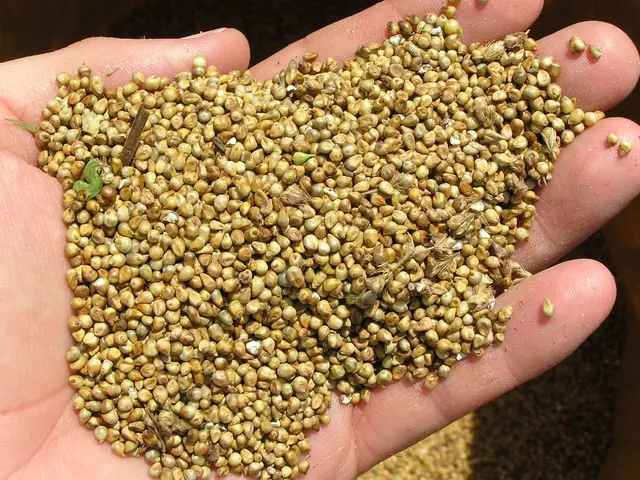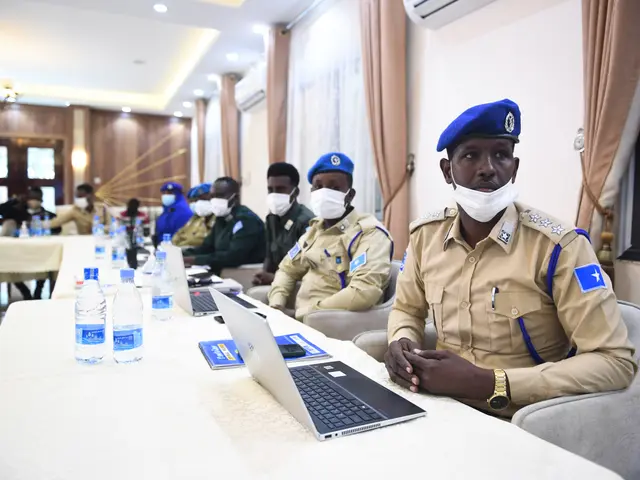Rising Measles Cases: South Korea Experiences Six-Year Peak Amid Southeast Asia Epidemics
South Korea reports a six-year high of measles cases in 2025, with 52 confirmed infections to date, overshadowing the 49 cases documented in 2024. This upward trend aligns with a broader pattern of outbreaks spreading across Southeast Asia, raising concerns among health authorities concerning potential further contagion.
The Korea Disease Control and Prevention Agency (KDCA) attributes the escalating numbers to "imported cases," as 34 infections were acquired abroad, predominantly in Vietnam. The remaining 18 cases within South Korea resulted from local transmission within household and healthcare settings.
South Korea achieved measles-free status from the World Health Organization (WHO) in 2014 and maintains a commendable childhood vaccination rate. Nevertheless, the recent surge demonstrates the challenges posed by increased global travel and the significance of vigilance in disease detection.
Neighboring nations, such as Vietnam and Thailand, are also grappling with escalating measles outbreaks. Vietnam recorded an approximate 40,000 suspected cases and five deaths in 2025, compared to 6,725 cases and 13 deaths in 2024. Thailand reported a total of 7,507 cases in 2024 (from 38 in 2023).
These outbreaks have rippled beyond the regional scope, as Australia has seen a resurgence of measles cases connected to travelers returning from Southeast Asian countries. Health authorities have advised precautions and underscored the significance of immunization, particularly for travelers planning international travel.
In response to the increasing cases, the KDCA encourages travelers who return from countries experiencing active measles outbreaks to practice vigilance regarding symptoms and ensure their vaccinations are up to date. Although the likelihood of a widespread outbreak in South Korea remains minimal due to effective immunization and surveillance systems, health officials stress the importance of consistent monitoring and public awareness.
The situation underscores the interconnected nature of global health and necessitates coordinated endeavors to prevent infectious diseases' spread. Measles, one of the most contagious human diseases, requires maintaining high vaccination coverage and prompt responses to outbreaks to preserve public health.
South Korea's measles cases in 2025 surpassed the 2024 numbers, with most infections acquired during international travel, particularly in Vietnam, indicating a broader outbreak pattern spreading across Southeast Asia. The neighboring countries, like Vietnam and Thailand, are also witnessing escalating measles outbreaks. This situation has extended beyond the regional range, as Australia has seen a resurgence of measles cases linked to travelers from Southeast Asian countries. To combat this, the Korea Disease Control and Prevention Agency advises travelers returning from countries with active measles outbreaks to be vigilant about symptoms and ensure their vaccinations are up-to-date. Maintaining high vaccination coverage and prompt responses to outbreaks is crucial to prevent the spread of measles, a highly contagious disease, and preserve global health and wellness.




